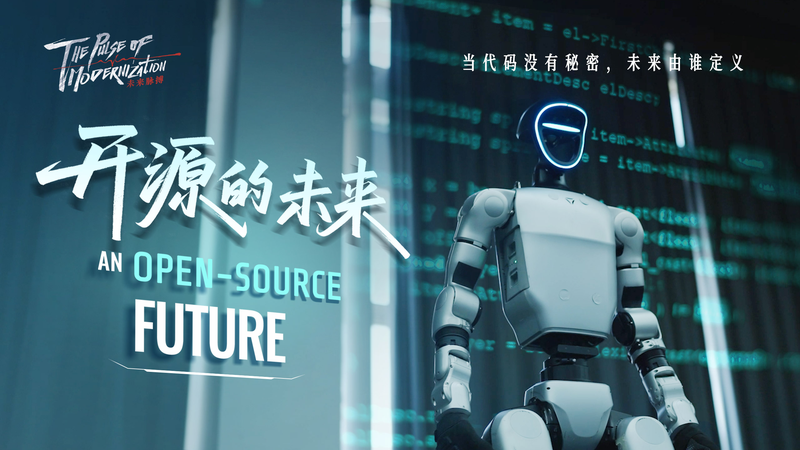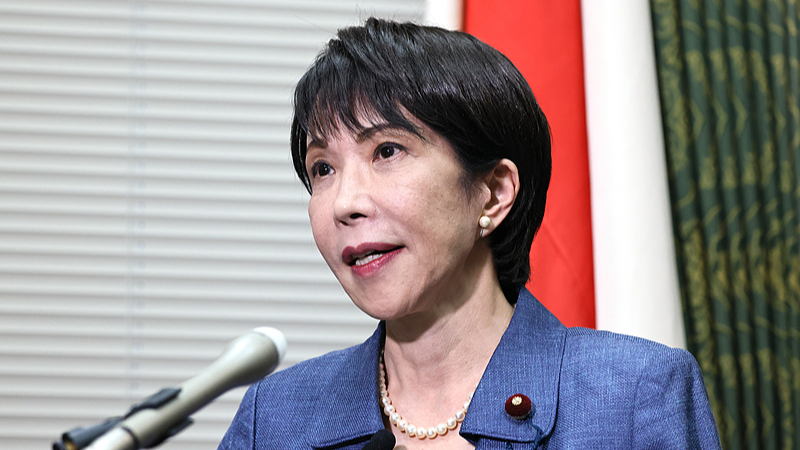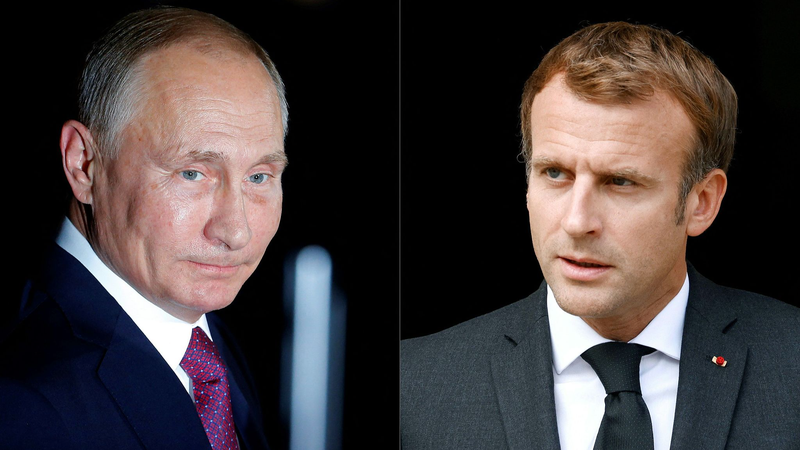The era of closed doors and hidden algorithms is ending. Today, the code powering groundbreaking AI tools is out in the open, sparking excitement across communities from Silicon Valley to emerging tech hubs.
Imagine wearing glasses that can "read" your thoughts in real time, or interacting with robots that continuously learn from the sum of human knowledge. Open-source AI makes these once-futuristic ideas accessible to anyone with curiosity and internet access.
For entrepreneurs and creators, this revolution offers unprecedented freedom. Startups can build on proven frameworks without hefty licensing fees, while researchers and developers worldwide collaborate on shared codebases, accelerating innovation at a global scale.
Yet, with great openness comes great responsibility. When anyone can tweak AI algorithms, how do we safeguard privacy, prevent bias, and secure systems against misuse? The very transparency that empowers could also expose vulnerabilities to bad actors.
As this open-source wave rises, a central question emerges: who will set the rules for this new digital frontier? Whether you’re a coder in Berlin, a policymaker in New Delhi, or a student in São Paulo, the choices made today will shape how AI impacts our world tomorrow.
Reference(s):
cgtn.com



